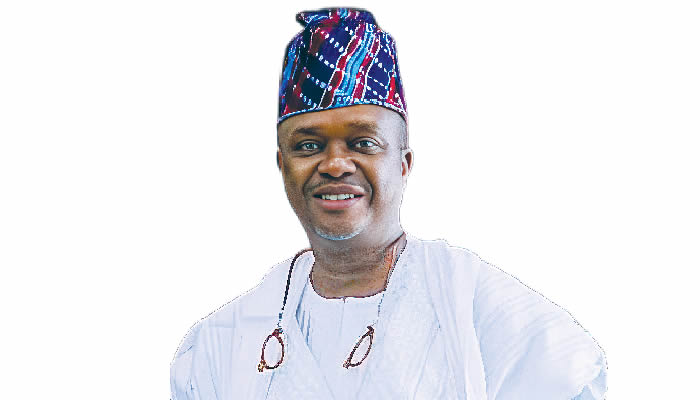Babajide Omoworare, former Senior Special Assistant to the late President Muhammadu Buhari on National Assembly Matters, offered insights into Buhari’s legacy, the state of the All Progressives Congress (APC), and his own political aspirations in a recent interview. Omoworare characterized Buhari’s two terms as a period of foundational development focused on integrity, infrastructural improvements, and responsible financial management. He highlighted advancements in transportation infrastructure, the implementation of the Treasury Single Account, and reforms aimed at curbing corruption and enhancing transparency. While acknowledging challenges, particularly in security and economic sectors, Omoworare asserted that Buhari’s administration initiated crucial reforms to instill fiscal discipline and accountability within the government.
Addressing criticisms regarding the rule of law during Buhari’s tenure, Omoworare maintained that the administration largely operated within democratic principles. He argued that actions taken to combat corruption and terrorism, even if they caused friction with civil liberties, were undertaken within a legal framework and driven by national interest. Omoworare emphasized Buhari’s respect for judicial and legislative autonomy, pointing to electoral reforms and the signing of the Electoral Act 2022 as evidence of his commitment to democracy. While acknowledging isolated instances that may have raised concerns, he rejected the notion of systemic disregard for the rule of law.
Regarding the impact of Buhari’s demise on the APC, Omoworare acknowledged the significant loss of a stabilizing figure with considerable moral authority. However, he expressed confidence in the APC’s resilience and institutional maturity, noting the party’s successful navigation of two presidential transitions. He highlighted President Bola Tinubu’s leadership and the existing party structure as factors ensuring continuity and stability, although the absence of Buhari’s personal influence will undoubtedly be felt.
Turning to the political landscape in Osun State, Omoworare expressed optimism about the APC’s prospects in the upcoming 2026 governorship election. He reported a surge in membership and praised party leaders for their introspective approach following the previous election. He advocated for continued motivation of party members, reconciliation efforts to address internal conflicts, and a focus on presenting a unifying and capable candidate to the electorate. Omoworare also addressed speculation about his own gubernatorial ambitions.
While acknowledging that such decisions ultimately rest with divine will, Omoworare expressed his willingness to serve the people of Osun State, emphasizing his experience, education, and commitment to progressive ideals. He expressed a desire to move the state beyond its perceived limitations and usher in an era of prosperity based on knowledge, strategic planning, and efficient governance. He dismissed criticisms about his performance as a senator, highlighting his contributions to infrastructure development, job creation, and community development initiatives within his constituency. He underscored his role in securing funding for various projects, creating employment opportunities, and attracting federal government initiatives to Osun State.
Omoworare outlined his vision for Osun State, emphasizing a focus on prosperity, equal opportunity, and improved welfare for all residents. He envisioned a government that acts as a catalyst for economic growth, providing basic necessities, strengthening public welfare, and stimulating the economy. He stressed the importance of access to opportunities and possibilities for all inhabitants, regardless of their background. Looking beyond his political plans in Osun State, Omoworare expressed his views on constitutional reform.
Omoworare advocated for a thorough reassessment of the 1999 Constitution, viewing it as a transitional document needing alignment with contemporary needs. While acknowledging the merits of the 1963 Constitution, particularly its focus on true federalism, he cautioned against romanticizing the past. Instead, he stressed the need for a homegrown constitutional consensus promoting stronger federalism, fiscal decentralization, justice, and equity. He recommended key reforms such as devolution of powers, clearer delineation of responsibilities, revenue allocation restructuring, strengthened local governments, and guaranteed judicial independence. He believes these changes are essential to create a constitution that truly reflects the aspirations and needs of modern Nigeria.














